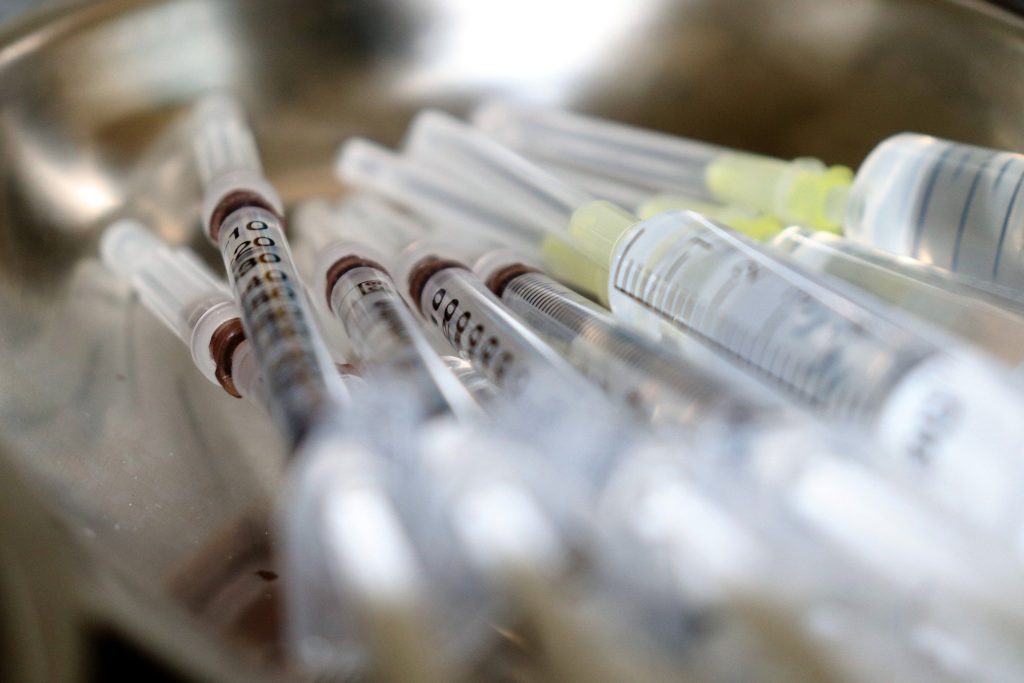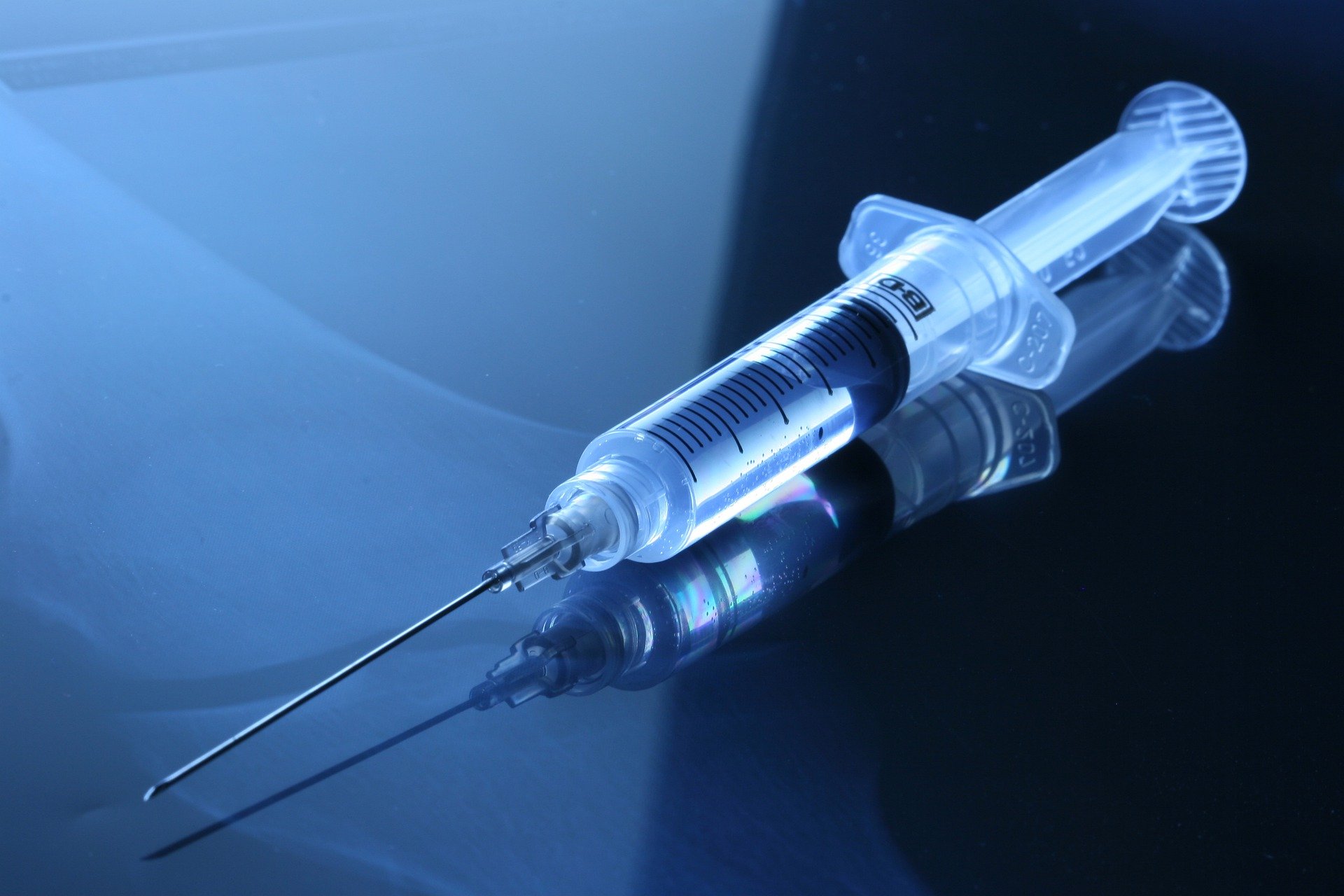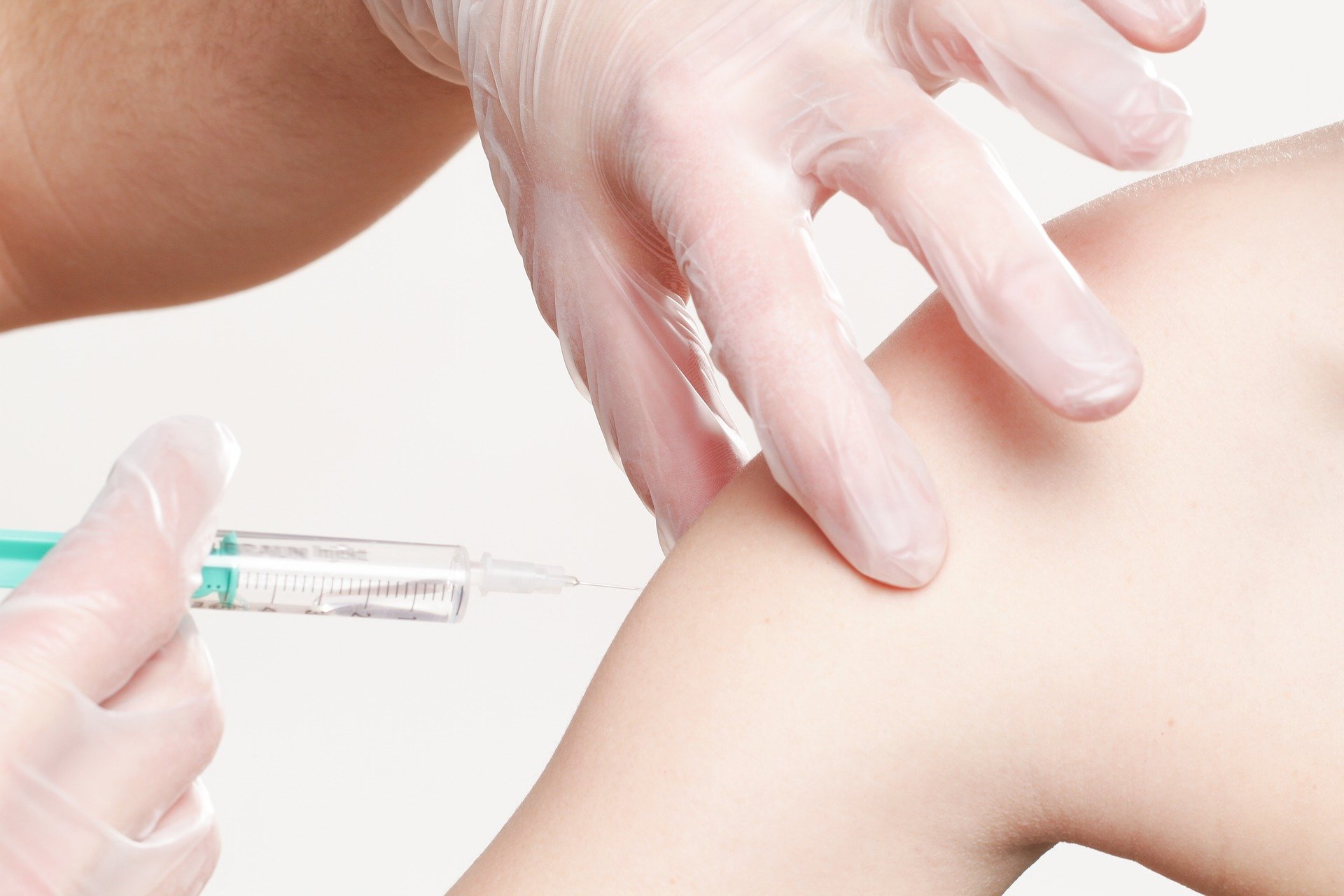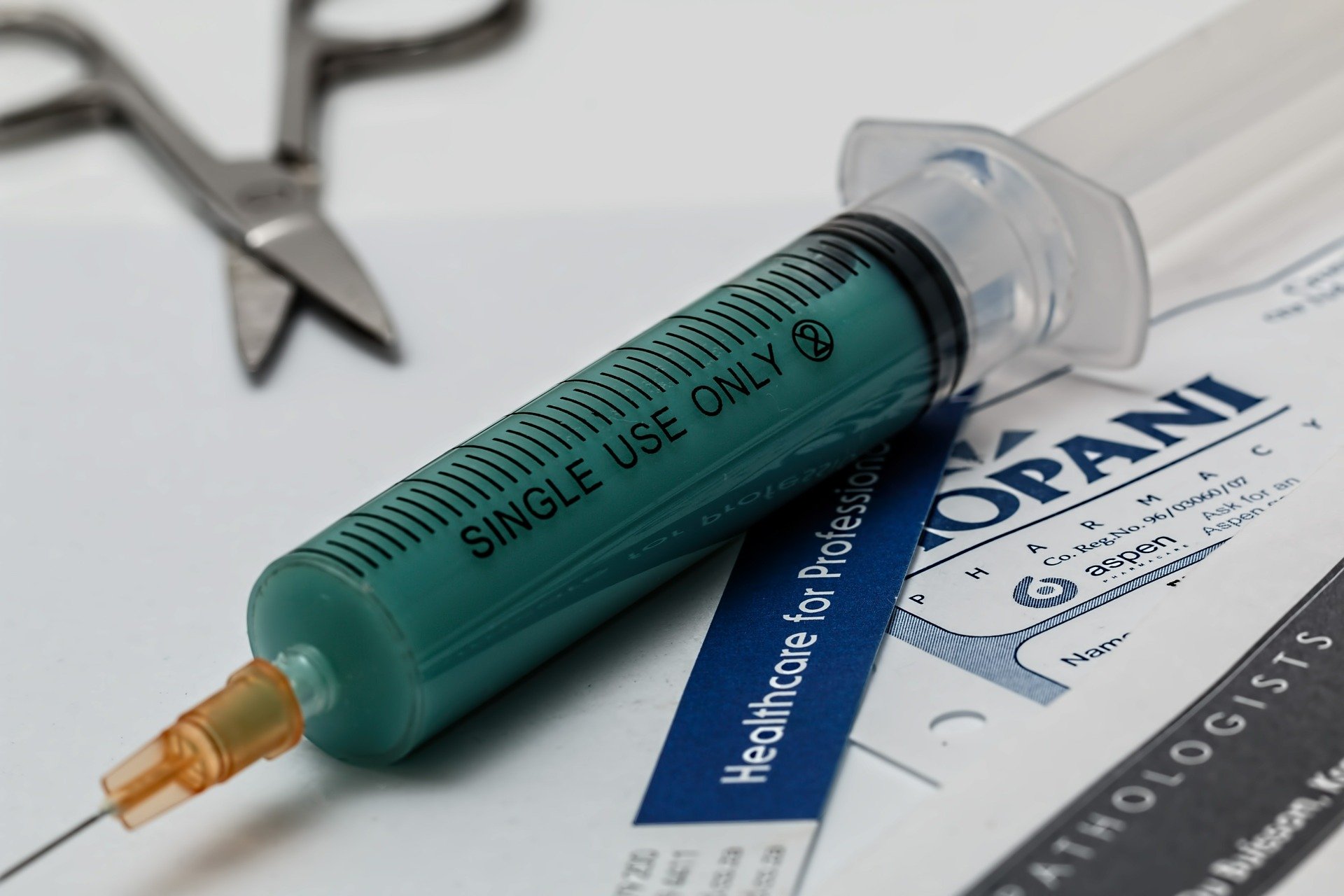The US Food and Drug Administration (FDA) released a statement this week about dosing schedules for COVID-19 vaccines, saying that any dose changes would be premature.
In the statement, the FDA said that it wants to “remind the public about the importance of receiving COVID-19 vaccines according to how they’ve been authorized by the FDA in order to safely receive the level of protection observed in the large randomized trials supporting their effectiveness.”
The FDA therefore continues to recommend the two-dose regimens that both the BioNTech/Pfizer and Moderna vaccines require. The agency maintains that based on the current evidence, changing the dose (to a half-dose) or mixing and matching vaccines from different makers may jeopardize their efficacies. Both vaccines demonstrated an effectiveness of about 95 percent in Phase III clinical trials.
Related: AstraZeneca/Oxford’s COVID-19 Vaccine Receives Authorization for Emergency Use in the UK
The statement addresses current talks around modifying dose numbers given slow vaccine rollouts and potential shortages. It has become an even greater topic of conversation in light of the new B.1.1.7 variant of SARS-CoV-2 that emerged out of the UK and has taken a foothold in many countries now.
B.1.1.7 may be 50 to 70 percent more transmissible than the original variant, and is likely contributing to the unprecedented spikes in COVID-19 case numbers that are being witnessed around the world.
To address this, the UK has authorized a vaccination plan that would involve a 12-week gap between doses of the BioNTech/Pfizer and Oxford/AstraZeneca vaccines, compared to the initial 21 day-schedule. This would allow for more people to be vaccinated with at least one dose of a vaccine.
The scientific and medical community has been divided on the issue, with proponents of the plan defending it as it would help get more people vaccinated. Others have voiced concern that clinical trials have not evaluated half doses nor different dosing schedules.
Moreover, there have also been talks of mixing and matching vaccines so that if someone receives the Pfizer vaccine as the first dose, they could receive Moderna’s as their second dose.
The FDA acknowledged the discussions and reports about reducing the number of doses, prolonging the length of time between doses, changing the dose (half-dose), or mixing and matching vaccines in order to immunize more people against COVID-19.
The agency says, “These are all reasonable questions to consider and evaluate in clinical trials. However, at this time, suggesting changes to the FDA-authorized dosing or schedules of these vaccines is premature and not rooted solidly in the available evidence. Without appropriate data supporting such changes in vaccine administration, we run a significant risk of placing public health at risk, undermining the historic vaccination efforts to protect the population from COVID-19.”
The available data for both the BioNTech/Pfizer and Moderna vaccines supports the use of two doses at specified intervals of 21 days and 28 days, respectively, between the first and second dose.
The overwhelming majority of participants in the Phase III trials for both vaccines received the vaccines as per the approved dosing schedule. The few that did receive only one dose were not followed for a long period of time. The FDA therefore maintains that no definitive conclusions can be drawn about the depth of protection that a single dose would confer.
The depth of the immune response is associated with the duration of protection. The FDA said, “if people do not truly know how protective a vaccine is, there is the potential for harm because they may assume that they are fully protected when they are not, and accordingly, alter their behavior to take unnecessary risks.”
Changing up vaccine schedules and doses may indeed have implications for public trust. Most importantly, the FDA maintains that it will follow the science to make any decisions regarding the vaccines.
They say, “We have committed time and time again to make decisions based on data and science. Until vaccine manufacturers have data and science supporting a change, we continue to strongly recommend that healthcare providers follow the FDA-authorized dosing schedule for each COVID-19 vaccine.”











Join or login to leave a comment
JOIN LOGIN